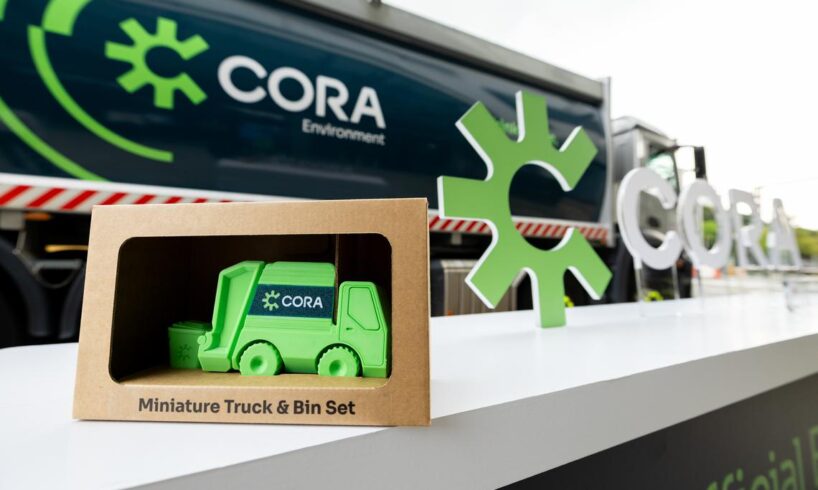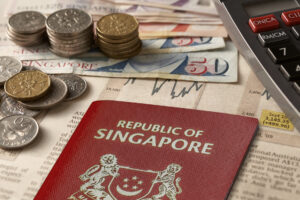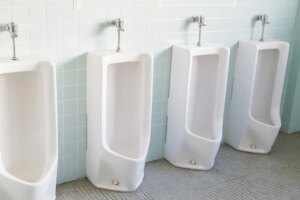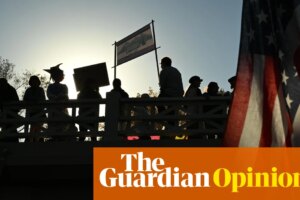
SINGAPORE – One of Singapore’s three public waste collectors, Cora Environment, will invest $200 million into improving its capabilities of recycling and extracting resources from waste.
The business, formerly known as Sembcorp Environment and SembWaste, announced the plan to invest the sum over five years as part of its official rebranding, a shift reflected by the progressive transformation of its waste collection trucks trading Sembcorp’s white livery for Cora Environment’s green.
Speaking at the launch on Sept 11, Cora Environment chief executive Lee Kok Kin said: “We believe waste is not an end point, but a beginning, a resource with untapped potential waiting to be transformed into value we want to recover, or the Fourth R, as we call it.”
The firm is looking to channel the sum into up to 10 pilot projects, which will include transforming ash from incinerated waste into a sand substitute for land reclamation and concrete.
Cora Environment currently collects waste and recyclables from 450,000 households and trade premises in the City-Punggol and Clementi-Bukit Merah sectors under the National Environment Agency’s (NEA) Public Waste Collection Scheme.
The sum will also drive the launch of a digital platform in October for commercial customers to get real-time data about the profile of their waste and recyclables, Mr Lee told The Straits Times.
Mr Lee, who previously headed SembWaste, said the firm aims to go beyond transporting waste, by offering solutions that enable an ecosystem where waste can be sustainably managed.
An engineer by training, he cited the example of an engineer recognised as a professional through the solutions he creates, not the education he receives.
He said: “In that same light, I believe sustainability is really through action.”
“What makes us different from my predecessor or my former brand assembly is that I want to make it actionable.”
By the end of the year, Cora Environment hopes to roll out 100 recycling hubs in school bins to help track waste, said Mr Lee. These hubs can track the waste dumped in them to inform schools on how they can transform their recycling habits, he added.
Currently, the firm has installed bin technology in Suntec City and Queenstown that supports the segregation and collection of clean recyclables, a bid to address contamination rates hampering Singapore’s recycling ambition.
Cora Environment’s launch at its waste-to-energy plant on Sept 11 was attended by Senior Minister of State for Sustainability and the Environment Zaqy Mohammad, who highlighted the plant’s role in turning energy into steam, which powers industrial businesses on Jurong Island.
The plant burns an average of 1,150 tonnes of waste daily, which can be converted into up to 200 tonnes of steam.
This comes as Singapore’s Semakau Landfill is more than half full and nearing its maximum capacity, which is expected to occur in a decade at current waste disposal rates, noted Mr Zaqy, endorsing the spirit of keeping materials out of the landfill as far as possible.
Lauding the investment, he said: “Besides enhancing waste and recycling infrastructure, it will spur the growth in energy recovery and catalyse more waste to resource innovations.”
“Now this is a strong show of confidence in the industry’s future and in (Cora Environment’s) role as industry leader.”
He was joined at the launch by Cora Environment chairman and former minister Lim Hwee Hua, and Labour MPs Melvin Yong and Wan Rizal.
For a start, Mr Lee said Cora Environment has rolled out an assessment framework developed with global accreditor TUV SUD to recognise partners that uphold international standards of promoting responsible and efficient resource use.
The Cora Responsible Mark will confer credibility for partners in its Closed-Loop Partners Network, a platform for recycling providers that was launched when the company was still SembWaste in June 2024, he added.
Nearly all of the firm’s recyclables are off-taken to the network.
Three of its partners have already been recognised by the mark, with Cora Environment expecting more to join by the end of the year.
The platform now has 14 partners that encompasses major waste streams, up from 10.
This comes as Singapore’s domestic recycling rate dipped to
an all-time low
of 11 per cent in 2024, along with a poorer showing for overall recycling, according to the NEA’s waste statistics unveiled in July.
The dip was in part attributed to weaker business incentives for recycling paper and cardboard, along with other costs.
Mr Lee said these market conditions were unlikely to affect Cora Environment’s appetite for recycling, as he had received assurance from its partners.
The firm was officially divested in March, with the completion of the sale of SembWaste and Sembcorp Environment to Indonesia-owned company TBS Energi Utama.
All of Cora’s Environment original staff remain employed after the transition, said Mr Lee, numbering at 750.





